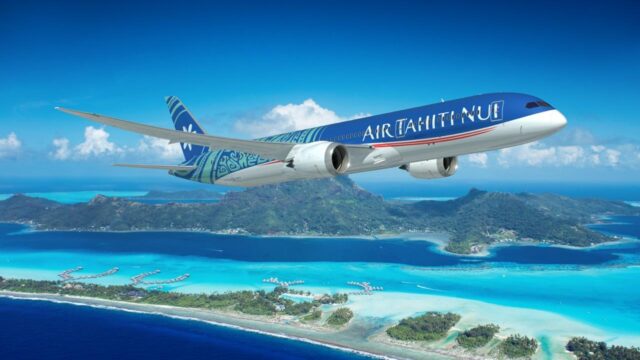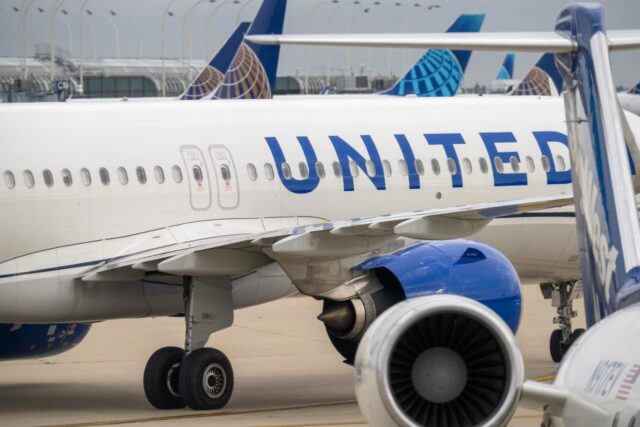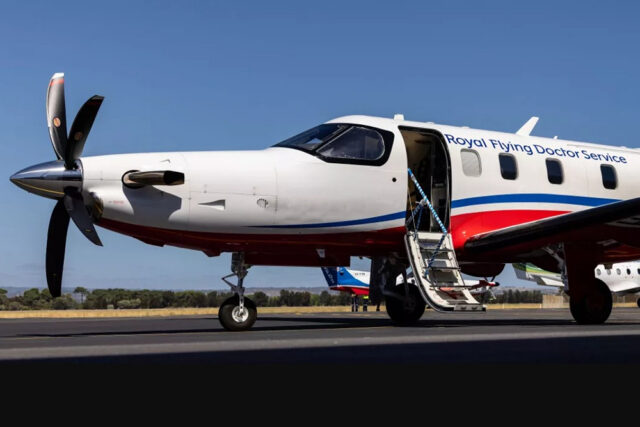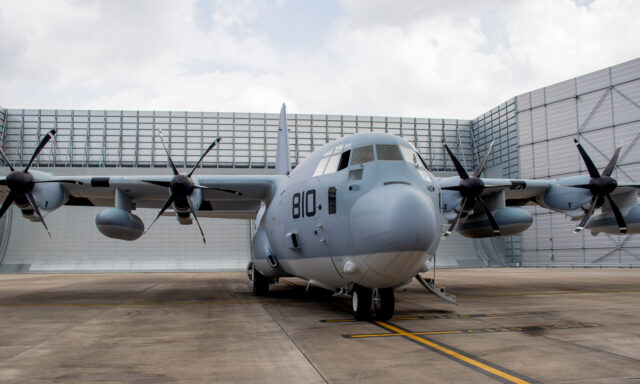Fiji Airways to flight test Odys hybrid-electric VTOL in 2026, with cargo drone Laila set to follow

September 6, 2025

Fiji Airways will begin flight testing a hybrid-electric VTOL (Vertical Take-Off and Landing) aircraft as soon as next year. The airline hopes the platform, from ODYS Aviation, will revolutionise inter-island travel.
Fiji Times reported the update, as the airline’s Chief Customer Officer, Akuila Batiweti, confirmed at a media event this week that the first flight tests are expected in mid- to late-2026.
“The prototype is ready. We’re actually seeing it next week while we’re in Long Beach,” says Batiweti. “We believe that this should be ready by the middle to the end of next year for us to run trials.”
Fiji Airways originally indicated its interest in the ODYS VTOL aircraft in September 2024.
What is the Odys VTOL that will fly for Fiji Airways?
The Odys Aviation VTOL is a nine-seat hybrid-electric aircraft designed for long-range regional travel, far beyond the typical eVTOL “air taxi” market.
It offers a maximum speed of up to 345 mph (555 km/h) and a hybrid range of up to 750 miles, including 200 miles of all-electric flight on battery power alone.

What truly sets this craft apart is its blown-wing, flap-based thrust vectoring system:
- It employs a box-wing configuration with multiple fixed electric propellers embedded along the wings.
- Instead of rotating nacelles or tilting rotors, it uses high-lift flaps at the trailing edge. During takeoff and hover, these flaps deflect airflow downward—redirecting thrust to provide lift without mechanical complexity.
- As flight transitions to forward cruise, the flaps retract, and the energised airflow over the wing continues to produce lift—enabling a smoother transition than many other VTOL designs.
The approach avoids the need for tilt-rotor motors or tilting wing mechanisms and reduces aerodynamic turbulence during transition phases.
Odys Aviation has attracted interest from several regions and partners worldwide. The company is working with the UAE’s NextGen FDI programme to establish a manufacturing and maintenance hub in Abu Dhabi, projected to create up to 2,000 jobs by 2027.
It has also partnered with Honeywell to develop ground control stations for its autonomous cargo variant, Laila, with pilot projects planned in the Middle East and Pacific.
According to UAE government sources, Odys has secured over 1,200 provisional pre-orders from global operators and airlines, an unusually high tally for a still-early stage VTOL developer, suggesting strong appetite for its long-range, hybrid design among carriers looking beyond short-haul urban air mobility.
How will Fiji Airways use the VTOL aircraft?
Fiji Airways intends to employ the VTOL both for passenger services (especially to remote resorts) and for cargo and medical deliveries, where conventional runway infrastructure is limited or nonexistent.
The aircraft’s ability to land on helipads and operate under varied weather conditions offers significant improvements over current logistic solutions.

Fiji’s archipelagic geography, with scattered outer islands and limited runway infrastructure, makes it ideally suited for VTOL operations. Resorts in the outer Yasawa Islands currently rely on long boat journeys; a VTOL that can land on small pads could dramatically cut travel time while offering cost-effectiveness and greater accessibility.
“One of the issues we have here in Fiji is that, if you want to get to the outer islands or to the north, there just aren’t enough landing strips for our Twin Otters or ATRs,” Batiweti says. “A lot of hotels don’t have the opportunity to fly guests directly to them. You end up stuck on a boat for four hours.”
As well as the passenger variant, Fiji Airways has expressed interest in ‘Laila,’ Odys Aviation’s smaller, fully autonomous VTOL designed specifically for cargo and urgent logistics.

Unlike the nine-seat hybrid-electric flagship aircraft, Laila is a pilotless drone with shorter range and payload capacity, optimised for medical supplies, essential goods, and rapid island-to-island delivery where speed and flexibility matter more than carrying people.
For Fiji Airways, the Laila offers a way to bypass weather-limited boats or costly helicopter runs, delivering critical cargo directly to remote villages and resorts on simple helipads. This makes it an attractive complement to the larger passenger VTOL, giving the airline a dual capability: one aircraft for tourism access, and another for life-saving logistics across Fiji’s scattered islands.
















